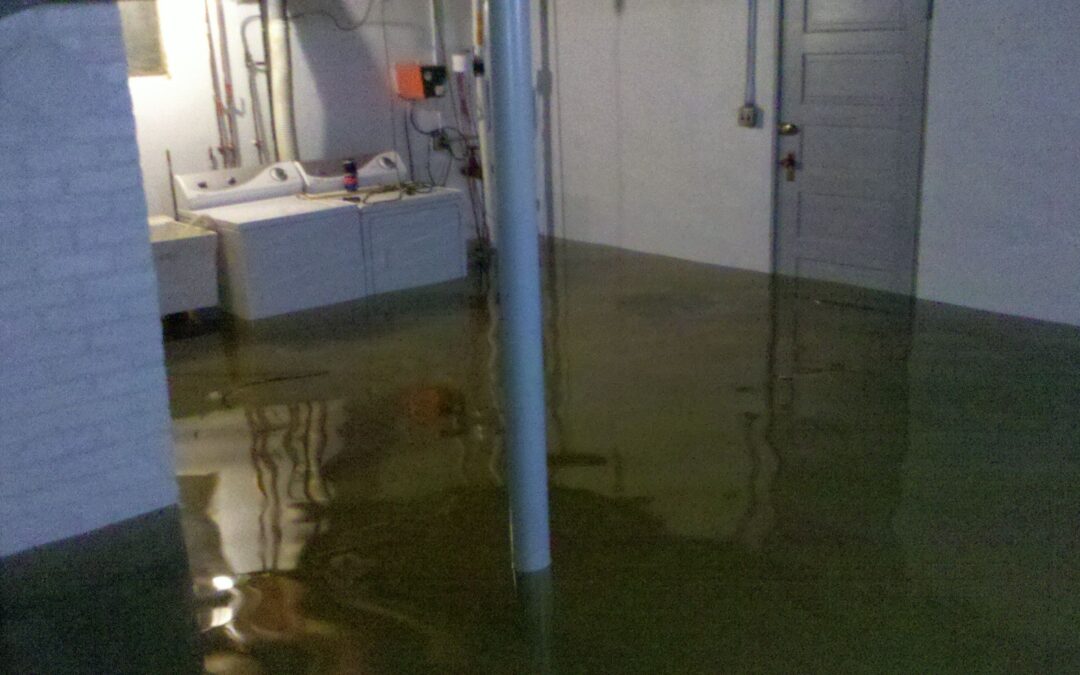Installing and maintaining vinyl flooring in basements is essential to ensuring its longevity and effectiveness in preventing future water damage. Here are some tips and best practices to keep in mind when installing and maintaining vinyl flooring in your basement:
Prepare the Subfloor
Before installing vinyl flooring, it’s essential to prepare the subfloor properly. This includes removing any existing flooring, repairing any cracks or damage, and ensuring the subfloor is clean and dry. Any moisture in the subfloor can lead to mold and mildew growth, which can compromise the effectiveness of the vinyl flooring. As you don’t have to install underlay for Vinyl Flooring or LVT, this can go directly onto the concrete subfloor. However, allow 24 hours for your flooring to acclimatize by leaving it out of its packaging. When it’s ready, unroll your vinyl flooring and cut it to size after measuring your room.
Use Proper Adhesive
When installing vinyl flooring, it’s crucial to use the proper adhesive. At VCH Flooring, we apply adhesives specifically designed for use in damp areas, such as basements. This will help ensure that the vinyl flooring remains securely in place, even in high humidity or damp conditions.
Seal Joints and Edges
To prevent water from seeping through the edges or joints of the vinyl flooring, it’s essential to seal them properly. Our team of vinyl installation experts uses high-quality waterproof sealant to prevent moisture from penetrating the vinyl flooring and causing damage.
Clean Regularly
While vinyl flooring is relatively low maintenance, it’s still essential to clean it regularly. This can be done by sweeping, vacuuming, or mopping the floor as needed. Avoid using harsh chemicals or abrasive cleaning tools, as these can damage the flooring.
Address Spills and Moisture Immediately
If spills or moisture occur on the vinyl flooring, it’s essential to address them immediately. Wipe up any spills with a damp cloth and ensure that the area is thoroughly dried to prevent mold and mildew growth.
Any removable interlocking tile flooring product or surface with a raised base and waterproof benefits would be among the best choices for a basement with a sump pump. A flooring system suitable for a finished basement sump pump space would likely have a low replacement cost, allow for air flow and drainage in the event of a flooded sink or toilet backup, and provide a DIY installation process. It will also be easy to cut or remove a single tile to allow for access to the sump pump.
Installing and Maintaining Vinyl Flooring in Flooded Basements
By following these installation and maintenance tips, you can ensure that your vinyl flooring remains in excellent condition and provides the necessary protection against basement flooding.
Contact us
VCH Flooring stands by the promise to do the job right. Our professional installers will perform services consistent with the industry standards to your satisfaction. If you have concerns after the installation, contact us within 60 days and the services with be re-done at no additional cost. Product warranties vary by manufacturer. Because we are a services company and do not manufacture products, we only warranty our services with the DONE RIGHT GUARANTEE. We will disclose the warranties before the work begins as part of our transparency policy to be good neighbors who serve the community with excellence. Email vchflooring@gmail.com
VCH Flooring 1812 Underwood Blvd, Delran, NJ 08075. https://vchflooring.com/contact-us/ 856- 393- 1310

